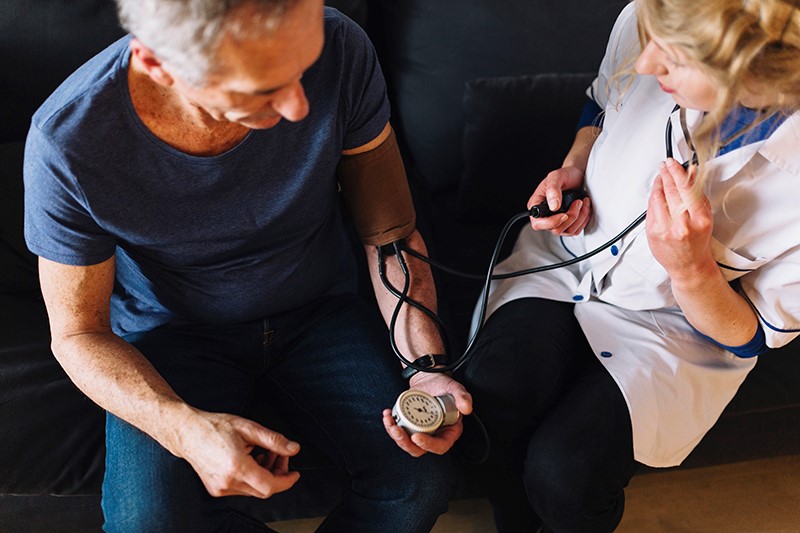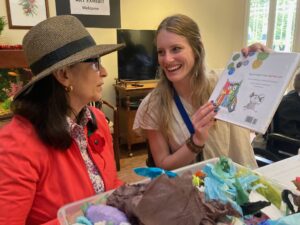As you age, your doctor will ask questions about your heart health. Heart disease is common and can be challenging to diagnose. It’s crucial to take cardiovascular issues seriously because every 40 seconds, someone in the U.S. has a heart attack. Here’s what you need to know about the signs and symptoms of heart disease.
Diseases of the Heart
More than one kind of disease can affect your heart and other parts of your cardiovascular system. Some of the types of illnesses you should be aware of are:
- Coronary artery disease (disease of the blood vessels)
- Arrhythmia (irregular heartbeat)
- Cardiomyopathy (disease of the heart muscles)
- Stenosis and atresia (disease of the heart valves)
- Congenital heart defects (heart issue since birth)
One or more types of heart disease may run in your family, but you don’t have to have any genetic predisposition to be at risk. Poor diet, smoking, lack of exercise, and extreme weight gain can all increase your chance of experiencing one of these heart issues.

Symptoms of Heart Disease
Knowing the symptoms of heart disease makes it easier to see the warning signs early on. That way, you can discuss treatment options with your doctor so you avoid the most severe consequences, such as heart attack and heart failure. The most common symptoms of heart disease are:
- Chest pain
- Pain in the left arm
- Dizziness
- Excessive Fatigue
- Irregular heartbeat
Not every person displays these symptoms when they have heart disease. You may not experience chest pain at all if you’re a woman. People with diabetes also commonly show lesser-known symptoms. Here are other warning signs of a serious heart issue that you may not be as familiar with:
- Nausea and stomach pain
- Pain in the jaw or upper back
- Swelling in the ankles and legs
- Excessive sweating
You may experience mild versions of these symptoms for months or a few years. Coronary artery disease takes time to develop as plaque builds slowly and blocks blood flow through your heart. When your heart cannot pump blood as efficiently, it impacts the rest of your body.
Knowing When To See Your Doctor
If you have a sudden onset of chest pain or any of the other serious symptoms of a heart attack, including nausea and fatigue, visit an emergency room immediately. Getting to the hospital on time is vital.
As you age, talking about heart health with your doctor at your regular visit is always a good idea. Be open about your lifestyle and diet and discuss ways you can prevent the more serious complications of heart disease. Your doctor will likely recommend regular exercise and holistic nutrition as preventative measures. Still, medications such as beta blockers and statins can also help you manage your health if you already have coronary artery disease.
Staying Healthy With Community Support
Keeping your heart in shape is about making good lifestyle choices and developing healthy habits. When you live in an active and independent community with other older adults, you’ll find it’s easier to stay motivated. Discover what life is like in a 55+ community. Schedule a visit today.




















